Advance Directive
PURPOSE:
- To provide an atmosphere of respect, caring and preservation of dignity related to a patient’s medical care decision making, and to ensure that each patient’s ability and right to participate in the self-determination of care is maximized and respected and not compromised as a result of admission for care while at Lakewood ASC Facility.
- Additionally, to assure compliance with the Patient Self-Determination Act (PSDA) in such a manner as to expand the patient, staff and community knowledge base regarding advance directives and the process by which patient participation in medical decision making is carried out at this facility.
POLICY:
- Lakewood ASC Facility shall respect and encourage patient self-determination. Patients shall be encouraged and assisted to be active participants in the decision-making process regarding their care through education, inquiry and assistance as requested.
- Patients shall be encouraged to communicate their desires in regard to advance directives to their significant others, to allow for guidance by significant others and healthcare providers, but patients need to be made aware that we do NOT honor a DNR at this facility.
- Lakewood ASC Facility shall inform all patients/patient representatives of any limitations if the facility cannot honor an advance directive on the basis of conscience.
- A statement of limitation shall include, at a minimum:
- Clarification of any difference between facility-wide conscience objectives and those that may be raised by physicians
- Identification of state legal authority permitting such an objection
- Description of medical conditions or procedures affected by conscience objection
- The existence of an advance directive, or lack thereof, shall not determine the patient’s access to care, treatment and services.
- Lakewood ASC Facility shall ensure compliance with state law regarding advance directives.
- In an advance directive (or medical power of attorney), the patient may provide guidance as to his/her wishes in certain situations, but this facility will not honor a DNR, or may delegate decision making to another individual as permitted by state law.
- If such an individual has been selected by the patient, or if a person willing and able under applicable state law is available to make treatment decisions, relevant information should be provided to the representative so that informed healthcare decisions can be made for the patient.
- However, as soon as the patient is able to be informed of his/her rights, this facility shall provide that information to the patient.
- The advance directive shall be maintained in the medical record.
- Lakewood ASC Facility shall educate appropriate staff regarding advance directives.
PROCEDURE:
- An inquiry shall be made by the Registration Department during the admissions process of the patient, or if the patient is incapacitated, to the patient’s significant other, as to whether or not the patient has completed an advance directive. Lakewood ASC Facility shall not condition the provision of care or otherwise discriminate against any individual based on whether or not the individual has executed an advance directive.
- A request of the patient/significant other to provide a copy of the advance directive for medical record entry shall be made by the Registration Department during the admission process.
- As part of the admission process the patient/significant other shall be provided with an information packet outlining the individual’s rights to make decisions concerning medical care. The information packet provided shall include:
- The right to accept or refuse medical or surgical treatment.
- Information concerning the Patient Self-Determination Act
- Lakewood ASC Facility’s mission and value statements and policies regarding refusal of medical treatment, including life sustaining measures. This facility will not honor a DNR.
- That the existence of an advance directive, or lack thereof, will not determine the patient’s right to care, treatment or services
- Definitions of pertinent healthcare terminology as they apply to the Patient Self-Determination Act
- Policy regarding the patient’s right to voice a complaint related to advance directive requirements to the State Department of Health Services
- Information regarding the PSDA will be provided to the patient upon each admission to Lakewood ASC Facility
- Applicable State health and safety law
- Registration Department staff shall document in the medical record whether the patient has completed an advance directive and that information concerning advance directives has been given to the patient/significant other during the admission process.
- Should the patient present as a repeat admission, with information obtained by the admitting group indicating there is an advance directive in the previous medical record, the nursing staff shall have the responsibility to review the existing advance directive with the patient/significant other to validate its current status.
- In the event the patient/significant other indicates that the previous advance directive does not accurately reflect the patient’s wishes, a revised advance directive must be submitted and must meet all advance directive regulations. Any expression by the patient of a revision in previous advance directive desires shall be documented by the nursing staff in the nursing progress notes.
- When the patient states that he/she has an advance directive but did not bring it into the facility, the patient shall be encouraged to ask a family member to bring it into the facility.
- There shall be availability of the Ethics Committee to discuss patient rights issues as needed, through the Medical Staff Office. All requests from patients/significant others, facility staff and/or medical staff members to institute the Ethics Committee process shall be honored.
Outpatient Facility Settings:
Lakewood ASC Facility will not honor advance directives in the following outpatient settings: DNR
For those outpatients who request information regarding advance directives, staff
shall refer the patient/family to Pastoral Care and/or Social Service.
REFERENCES:
- Protection and Advocacy System (state specific)
- National Alliance on Mental Illness (NAMI), http://www.nami.org/
- American Academy of Pediatrics Committee on Bioethics, Communicating with Children and Families: From Everyday Interactions to Skill in Conveying Distressing Information, Pediatrics 121(5):e1441-60, May 2008
Please feel free to read online or print to review our policies and procedures as well as your rights and responsibilities. If you have any questions, feel free to contact us.
Click on the Read More button below to view the information. Once it is open, you may click the printer icon to send the handout to your printer.


